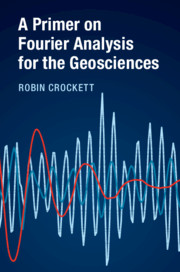In this study, we describe the monitoring of young broiler chicken vocalisation, with sound recorded and assessed at regular intervals throughout the life of the birds from day 1 to day 38, with a focus on the first week of life. We assess whether there are recognisable, and even predictable, vocalisation patterns based on frequency and sound spectrum analysis, which can be observed in birds at different ages and stages of growth within the relatively short life of the birds in commercial broiler production cycles. The experimental trials were carried out in a farm where the broiler where reared indoor, and audio recording procedures carried out over 38 days. The recordings were made using two microphones connected to a digital recorder, and the sonic data was collected in situations without disturbance of the animals beyond that created by the routine activities of the farmer. Digital files of 1 h duration were cut into short files of 10 min duration, and these sound recordings were analysed and labelled using audio analysis software. Analysis of these short sound files showed that the key vocalisation frequency and patterns changed in relation to increasing age and the weight of the broilers. Statistical analysis showed a significant correlation (P<0.001) between the frequency of vocalisation and the age of the birds. Based on the identification of specific frequencies of the sounds emitted, in relation to age and weight, it is proposed that there is potential for audio monitoring and comparison with ‘anticipated’ sound patterns to be used to evaluate the status of farmed broiler chicken.


